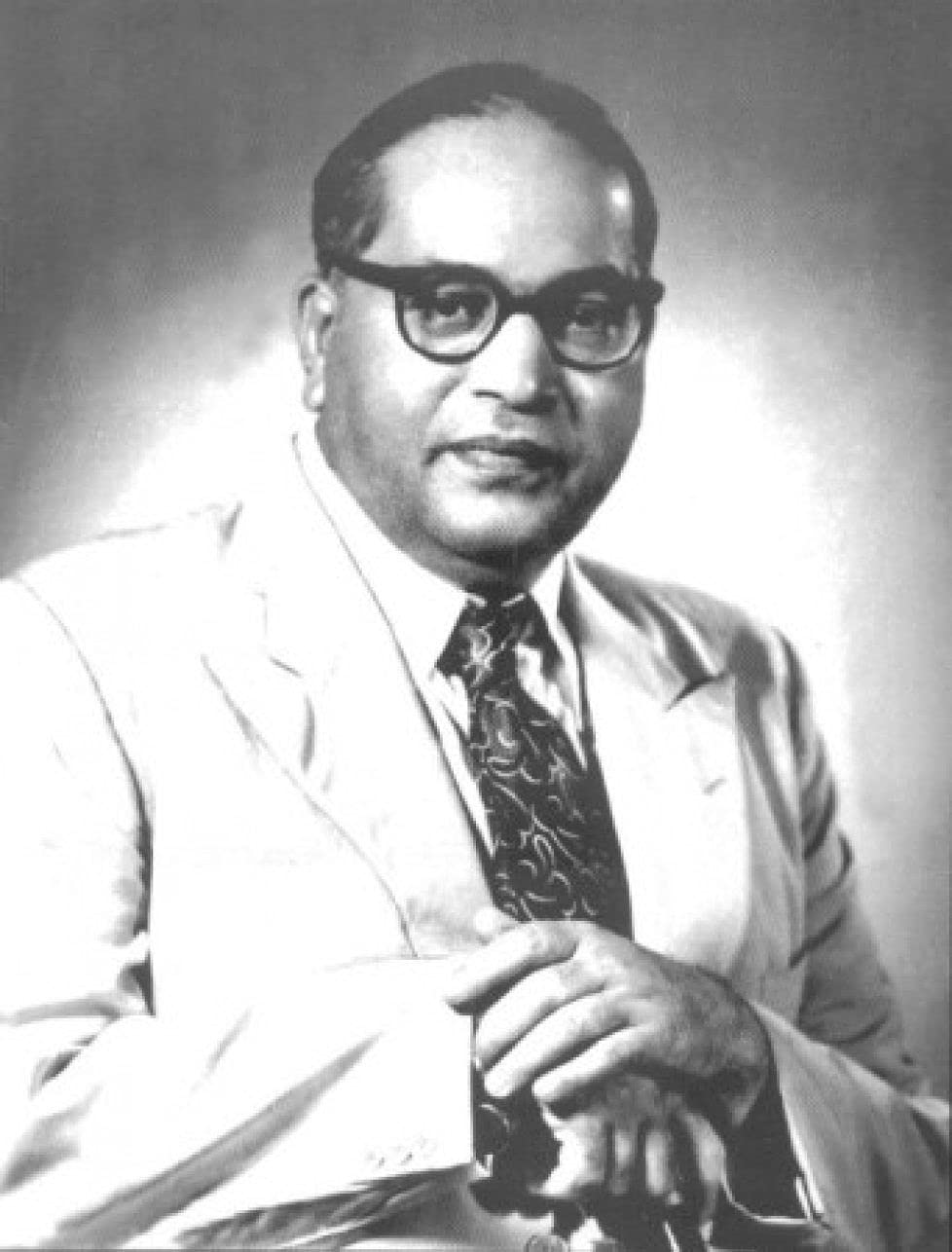What do you think?
Rate this book


114 pages, Kindle Edition
First published May 15, 1936
"There should be one and only one standard book of Hindu Religion, acceptable to all Hindus and recognized by all Hindus. This of course means that all other books of Hindu religion such as Vedas, Shastras, and Puranas, which are treated as sacred and authoritative, must by law cease to be so, and the preaching of any doctrine, religious or social, contained in these books should be penalized"
"Does the Mahatma practise what he preaches? One does not like to make personal reference in an argument which is general in its application. But when one preaches a doctrine and holds it as a dogma, there is a curiosity to know how far he practises what he preaches......The Mahatma is a Bania by birth. His ancestors had abandoned trading in favour of ministership, which is a calling of the Brahmins. In his own life, before he became a Mahatma, when the occasion came for him to choose his career he preferred law to [a merchant's] scales. On abandoning law, he became half saint and half politician. He has never touched trading, which is his ancestral calling."
"The real method of breaking up the Caste System was not to bring about inter-caste dinners and inter-caste marriages, but to destroy the religious notions upon which caste is founded."
The trouble is that Gandhi actually said everything and its opposite. To cherry pickers, he offers such a bewildering variety of cherries that you have to wonder if there was something the matter with the tree.
Caste is another name for control. Caste puts a limit on enjoyment. Caste does not allow a person to transgress caste limits in pursuit of his enjoyment. That is the meaning of such caste restrictions as inter-dining and inter-marriage … These being my views I am opposed to all those who are out to destroy the Caste System.
In 1931, when Ambedkar met Gandhi for the first time, Gandhi questioned him about his sharp criticism of the Congress (which, it was assumed, was tantamount to criticising the struggle for the Homeland). “Gandhiji, I have no Homeland,” was Ambedkar’s famous reply. “No Untouchable worth the name will be proud of this land.”
But the world owes much to rebels who would dare to argue in the face of the pontiff and insist that he is not infallible. I do not care for the credit which every progressive society must give to its rebels. I shall be satisfied if I make the Hindus realise that they are the sick men of India, and that their sickness is causing danger to the health and happiness of other Indians.
Caste may be bad. Caste may lead to conduct so gross as to be called man's inhumanity to man. All the same, it must be recognized that the Hindus observe Caste not because they are inhuman or wrong-headed. They observe Caste because they are deeply religious. People are not wrong in observing Caste. In my view, what is wrong is their religion, which has inculcated this notion of Caste. If this is correct, then obviously the enemy you must grapple with is not the people who observe Caste, but the Shastras which teach them this religion of Caste.
So long as people look upon it as Religion they will not be ready for a change, because the idea of Religion is generally speaking not associated with the idea of change. But the idea of law is associated with the idea of change, and when people come to know that what is called Religion is really Law, old and archaic, they will be ready for a change, for people know and accept that law can be changed.
The complaint that my standards are high may be true. But the question is not whether they are high or whether they are low. The question is whether they are the right standards to apply. A people and their Religion must be judged by social standards based on social ethics. No other standard would have any meaning, if Religion is held to be a necessary good for the well-being of the people.
Now, I maintain that the standards I have applied to test Hindus and Hinduism are the most appropriate standards, and that I know of none that are better. The conclusion that every known religion would fail if tested by my standards may be true. But this fact should not give the Mahatma as the champion of Hindus and Hinduism a ground for comfort, any more than the existence of one madman should give comfort to another madman, or the existence of one criminal should give comfort to another criminal.